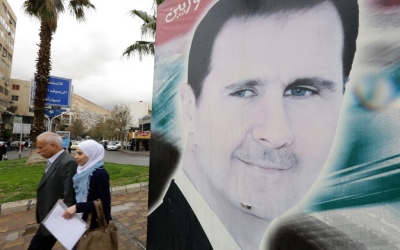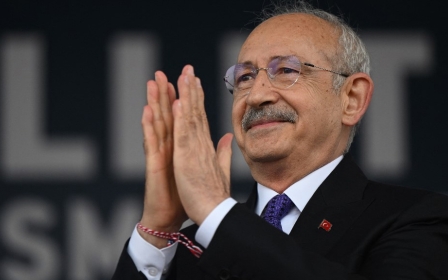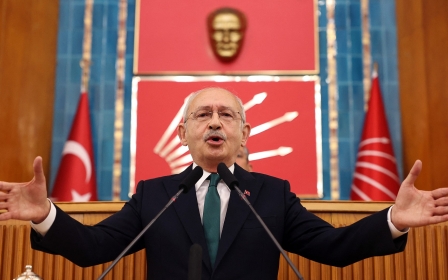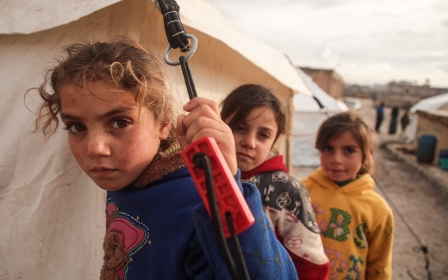Turkey elections: Could a victorious opposition deliver its promises on Syria?
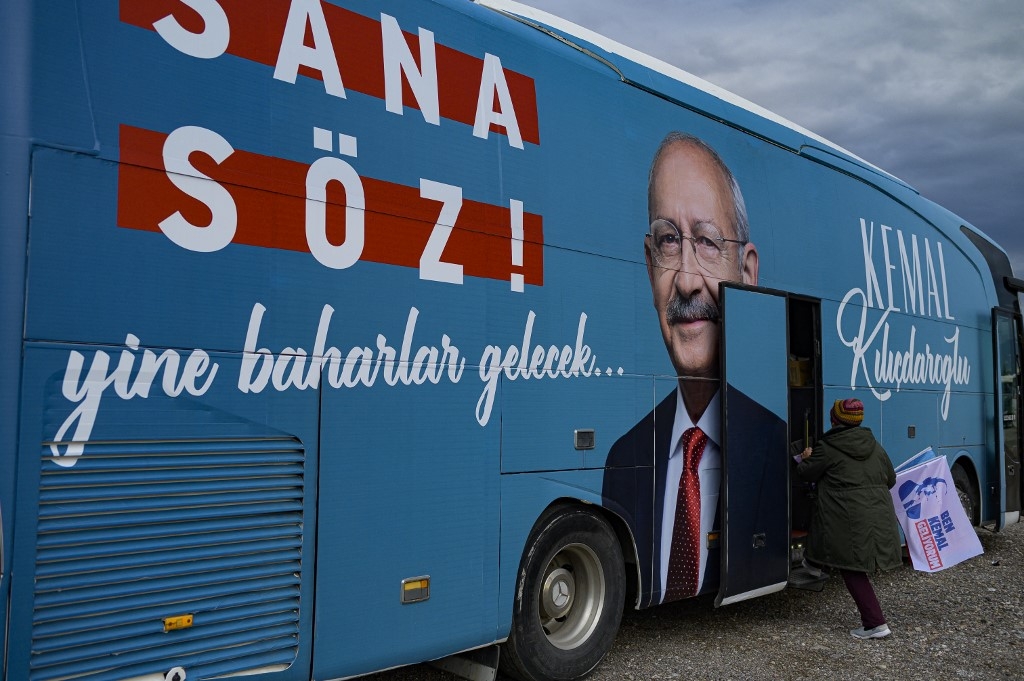
Turkish elections are coming up, and predictions about the outcome vary greatly. A victory for the opposition appears to be as likely as a continuation of the current government.
While the opposition has promised to change many policies once elected, how could Turkey’s foreign policy in Syria look under a potential new government? What are the opposition’s political ambitions and goals, and how realistic are they?
Both socially and politically, the interests of the Turkish opposition in Syria are quite limited, focused primarily on normalising relations with the Assad regime and sending back all Syrian refugees. This reflects the opposition’s lack of understanding of the realities in Syria.
If elected, the Turkish opposition will likely reach out swiftly to the Assad regime and be open to demands from Damascus. The Assad regime would likely reciprocate, causing talks to accelerate to a higher official level.
Negotiations would probably begin within the foreign ministry, which was tentatively planning a meeting this month with its counterparts in Syria, Russia and Iran.
While the current Turkish government has been reaching out to Damascus, the Assad regime has been dragging its feet in talks and contradicting Ankara to project itself as the stronger negotiating party. Damascus does not want to give President Recep Tayyip Erdogan an election present.
Once talks at the foreign ministry level begin, the Turkish opposition would likely appoint a new ambassador to Syria and normalise relations fully. But what does this mean for Syrian President Bashar al-Assad’s preconditions?
Security guarantees
The Assad regime has demanded that Turkey stop supporting the Syrian opposition and withdraw from Syria as a precondition for normalisation. The first condition of disbanding the Syrian opposition is in line with the position of the Turkish opposition, which aims to cut Turkey’s support for these groups.
Already, some analysts have argued that Turkey should join the Assad regime to eradicate Hayat Tahrir al-Sham (HTS) and the Syrian Democratic Forces, dominated by the Kurdish People’s Defence Units (YPG). Senior figures from the main Turkish opposition party have even conflated HTS with the Islamic State.
Kind gestures and nice words won't motivate the Assad regime to make concessions that it has refused to make over the past decade
On withdrawing from Syria, the Turkish opposition is not keen to stay, but it wants security guarantees and a mechanism for refugee returns before leaving - conditions to which the Assad regime would likely agree. Yet, as Lebanon and Jordan have experienced, the Assad regime is not trustworthy in this regard.
The willingness of the Turkish opposition to reconcile with the Assad regime would likely facilitate normalisation. Still, the opposition’s political wishful thinking may not translate into actions on the ground. Big questions remain over what could happen to the five million Syrians in Turkish-protected areas, the unwillingness of the Assad regime to make concessions on a political transition process, and the differing approaches to counterterrorism.
Both sides would likely be able to reach an agreement on paper, but how to implement it on the ground could reveal a discrepancy between words and actions. Restored relations could also encourage the Assad regime to go after the last rebel strongholds in Syria, where thousands of Turkish soldiers have been deployed.
In early 2020, Turkey launched Operation Spring Shield and decimated regime forces in a brief campaign to stop a humanitarian disaster and a new migration wave along its border. Since then, little has changed, except that people in the border area have been able to build up some forms of livelihood.
Roadmap to reform
How would Turkey deal with a new refugee wave if the Assad regime were to attack again? And what would be the security implications for Turkey to join forces with the Assad regime against HTS in Idlib? A senior figure from the main Turkish opposition party has said he believes HTS has cells in Turkey. The Turkish opposition does not have answers to these and other questions.
In addition, disarming the Turkey-backed Syrian opposition may sound easy to some politicians - but without a political solution in Syria and a roadmap to reform the country’s military structure, any attempts to disarm the rebels could fail or drag Turkey into a new misadventure.
The shifting situation could leave Turkey in an awkward position. On one side, Ankara would have normalised relations with the Assad regime - similar to what a number of Arab states have already done - but on the other side, Turkey would remain in Syria, blocking Assad’s pathway to a military solution to the conflict.
The Turkish opposition could only resolve this impasse if the Assad regime accepted a political transition process in line with UN Resolution 2254, but kind gestures and nice words won’t motivate the Assad regime to make concessions that it has refused to make over the past decade.
As long as this resolution is not implemented, western sanctions will remain intact, further limiting the normalisation potential between Ankara and Damascus.
This week, opposition Presidential candidate Kemal Kilicdaroglu declared that once elected, he will normalise relations with Syria, sign a protocol ensuring that refugees' life and property are safe and include the UN and the EU in the protocol for reconstruction funds. Turkish firms would use this fund to rebuild Syria.
In short, if elected, the Turkish opposition’s Syria policy would likely deliver a clear example of how the crowned head becomes wise. The opposition would make promises they couldn’t keep and sign deals that wouldn’t be implemented, creating a divide between diplomatic and military actions. By doing so, the opposition would only weaken Turkey’s position in Syria.
The views expressed in this article belong to the author and do not necessarily reflect the editorial policy of Middle East Eye.
Middle East Eye propose une couverture et une analyse indépendantes et incomparables du Moyen-Orient, de l’Afrique du Nord et d’autres régions du monde. Pour en savoir plus sur la reprise de ce contenu et les frais qui s’appliquent, veuillez remplir ce formulaire [en anglais]. Pour en savoir plus sur MEE, cliquez ici [en anglais].



